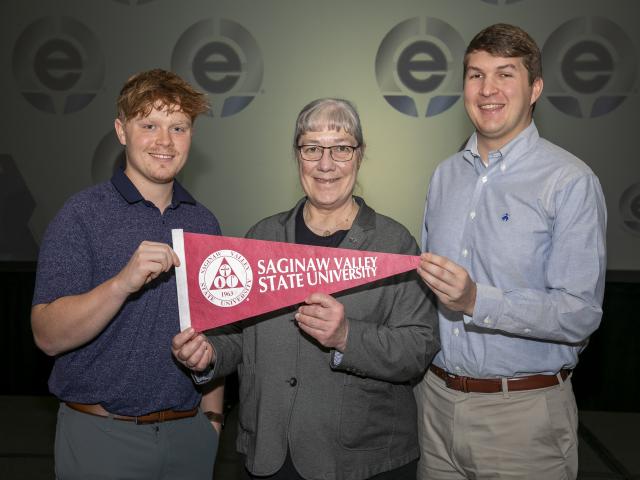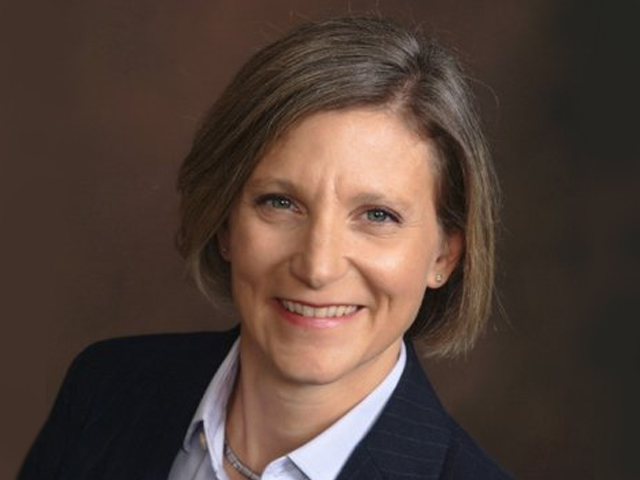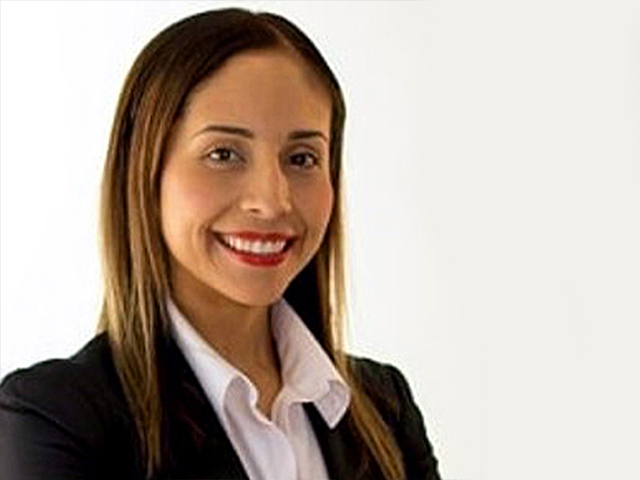Three Alumni You Ought to Know
 |  |  |
| Peggy Jones | Shelly Dutler | Lizeth Medina Balliet |
June 23 is 2025 International Women in Engineering Day––so we’d like to introduce you to three Foundry Educational Foundation (FEF) alumni who just happen to be women in metalcasting.
Meet Peggy Jones who graduated from the University of Michigan with a Bachelor of Science degree in materials and metallurgical engineering (1982), holds a Master of Science in materials science and engineering (1993), and earned a Ph.D. in materials science and engineering (1998) from the University of Dayton.
Jones’ interest in metalcasting began when she was in elementary school, and her dad was working in the University of Michigan research foundry for Professors Pehlke and Flinn. She recalls that her dad “smelled like green sand when we went to pick him up from work.” Fifteen years later, she found herself working in that same foundry for those same professors ramming sand and melting aluminum to develop early computer simulations of solidification.
Currently, Jones teaches engineering at FEF affiliated school, Saginaw Valley State University. She always wanted to teach, and the right opportunity came up at exactly the right time after about 38 years working at General Motors.
Shelly Dutler received her Bachelor of Science degree in manufacturing technology, metal casting (1999) from the University of Northern Iowa and a Master’s in material science and engineering (2012) from the Illinois Institute of Technology.
Dutler was introduced to metalcasting when a UNI drafting professor walked her to the metal casting center––there she saw full-scale casting processes and active industrial research. She thought, “This is detailed science with all the instrumentation and equipment but in a way that’s practical, educational, and not daunting at all.”
In 2006, Lizeth Medina Balliet graduated with a Bachelor of Science degree in materials science and engineering from the Instituto Tecnologico de Saltillo. She also holds a Master of Engineering in quality systems and productivity from the Instituto Tecnologico y de Estudios Superiores de Monterrey. Her first exposure to metalcasting was having to choose a required undergrad project in the materials science and engineering field––she picked Advanced Materials in the Automotive Industry. “I was hooked!” she said.
When asked how she handles the pressures of her job, Medina Balliet shared the following thoughts: “Operations is a highly demanding area, and achieving a work-life balance is challenging. I believe I perform best when I feel healthy and fulfilled in all aspects of my life––as a mom, a wife, and an individual. I consciously strive for integration and balance, which helps me stay engaged and effective.”
What does Dutler see as a characteristic that helps her succeed in her current position? As an owner of her own consulting business (KE Collab), Dutler said, “genuine curiosity and the ability to uncover information or issues that a client didn’t initially identify as causes.”
Jones says that what she enjoys most about the metalcasting industry is rapid technology evolution. “I saw solidification modeling grow from a university research project to a daily engineering tool during my career, and two of the single crystal alloys I helped introduce to production are already obsolete,” she said. “I was working on titanium aluminide before we were certain of the phase diagram, and it’s flying every day in jet engines.”
Why do these individuals stay in the industry? What keeps them interested and engaged?
Jones: “I’m excited about what the future holds for my students.”
Dutler: “It’s fun to collaborate and adapt to a changing industry and provide technical solutions.
Medina Balliet: “The camaraderie. It’s fulfilling to collaborate with such dedicated professionals.”
FEF certified and affiliated schools are the best places to begin the search for your next high-quality engineer or metallurgist. Visit www.fefinc.org/our-schools.html to get started.